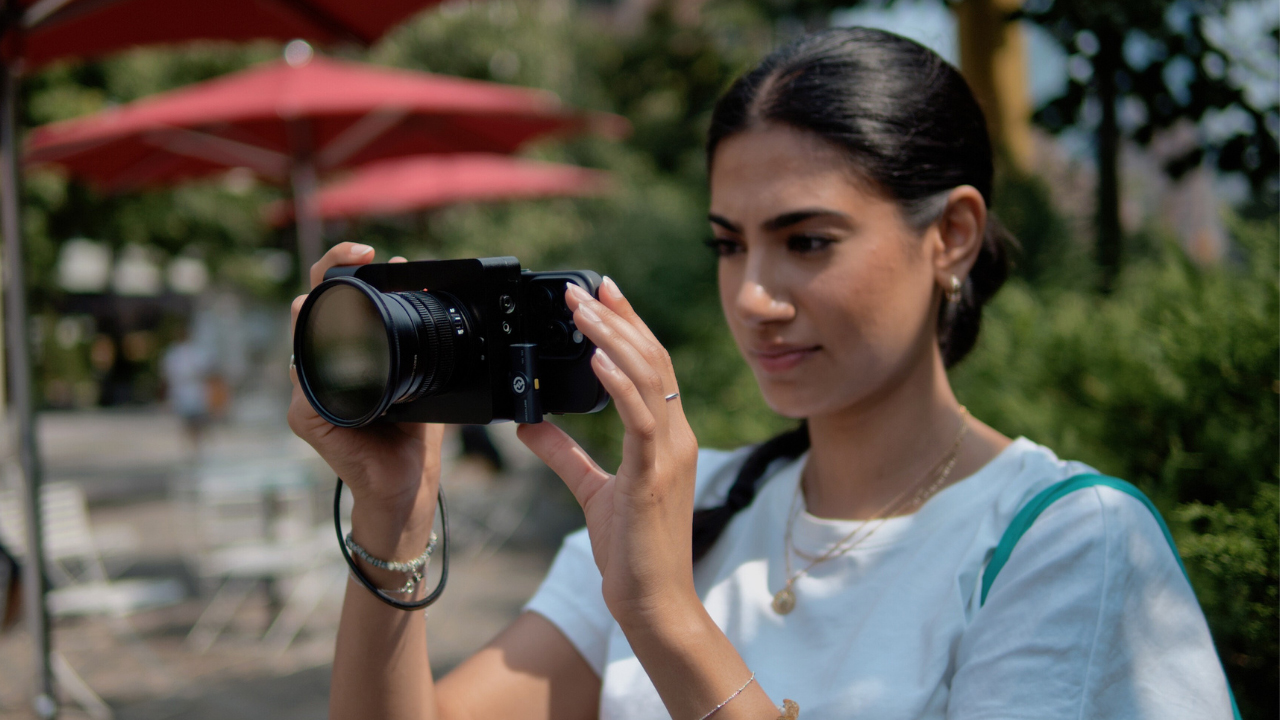Developer Offer
Try ImaginePro API with 50 Free Credits
Build and ship AI-powered visuals with Midjourney, Flux, and more — free credits refresh every month.
AI Voice Control is Coming to Mirrorless Cameras
Artificial intelligence has revolutionized smartphone photography, and now it's poised to do the same for mirrorless cameras. A startup named Camera Intelligence has successfully secured funding to develop a groundbreaking Micro Four Thirds mirrorless camera powered by native AI, enabling features like voice control and instant in-camera editing.

A New Era of AI-Native Cameras
Camera Intelligence recently announced a $2 million seed funding round to accelerate the creation of its AI-native camera. Unlike existing mirrorless cameras that use AI for specific tasks like eye-detection autofocus, this new device will have a Large Language Model (LLM) built directly into its hardware. The camera is designed to work with a smartphone and is primarily aimed at content creators and small businesses.
In a demonstration video, CEO Vishal Kumar showcased the camera's capabilities. He used simple voice commands to instruct the camera to switch between photo and video modes, set a timer for a photo, and even apply color edits on the fly. This integration of an LLM aims to simplify the creative process, allowing users to describe the results they want rather than navigating complex menus and settings.
In-Camera Editing and Simplified Workflows
One of the most significant features is the ability to perform edits as content is being captured. During the demo, Kumar asked the camera to adjust the color grading for different lighting conditions, like a rainy or sunny day, and apply various film simulations just by speaking. This streamlines the production workflow, reducing the need for extensive post-production work.
The startup's goal is to make professional content creation more accessible. In a blog post, Kumar stated their mission is to "fundamentally change the creative workflow paradigm, enabling you to share your vision in high-quality with the least friction possible."

Hardware and Lingering Questions
The early photos of the camera reveal a boxy design with a grip and an attached smartphone. The company has shared that the device will be equipped with powerful AI processing chips, including a Qualcomm Snapdragon and a Google Coral Edge TPU chip.
Interestingly, observers have noted that the CEO, Vishal Kumar, was also behind the Alice Camera, and the promotional images for the new device look identical to the Alice Camera. The Alice Camera also integrated a smartphone and computational photography but lacked the advanced voice control AI that Camera Intelligence is now highlighting.
Many details remain unknown. Aside from being a Micro Four Thirds system, which determines the compatible lenses, other specifications have not been released. The demonstration focused on applying edits and changing settings, not on generative AI that creates new image elements. While a release date for the camera has not been announced, the company plans to launch an iOS app with LLM functionality this fall.
Compare Plans & Pricing
Find the plan that matches your workload and unlock full access to ImaginePro.
| Plan | Price | Highlights |
|---|---|---|
| Standard | $8 / month |
|
| Premium | $20 / month |
|
Need custom terms? Talk to us to tailor credits, rate limits, or deployment options.
View All Pricing Details

